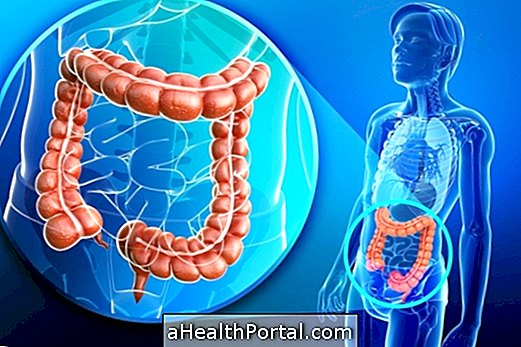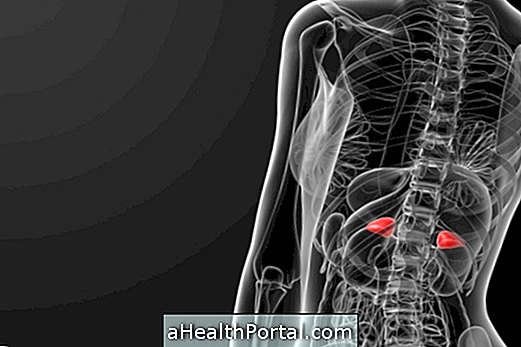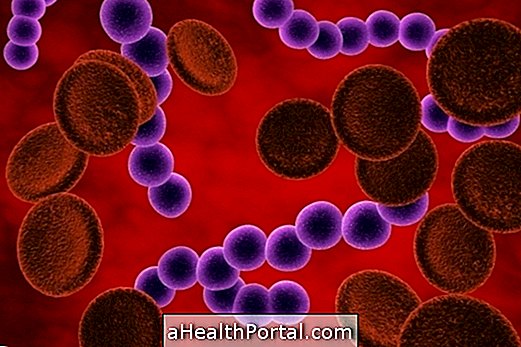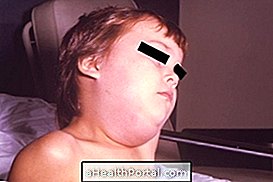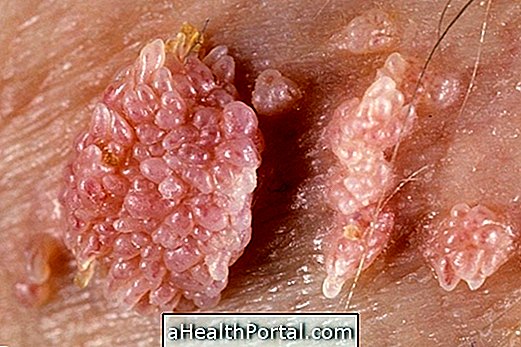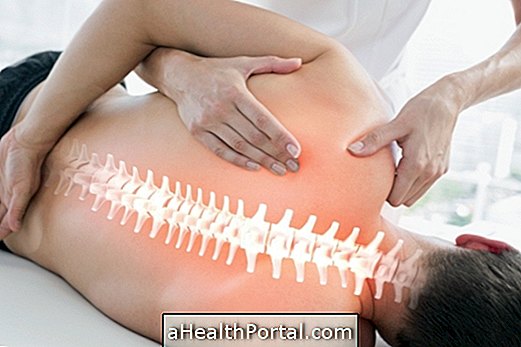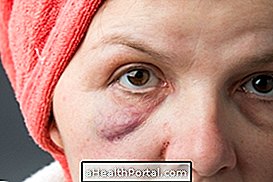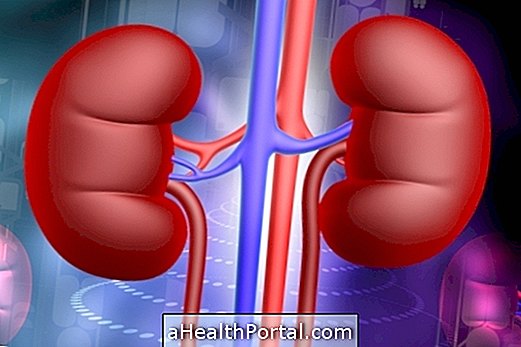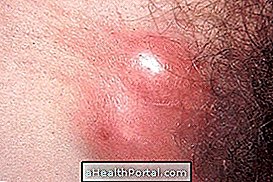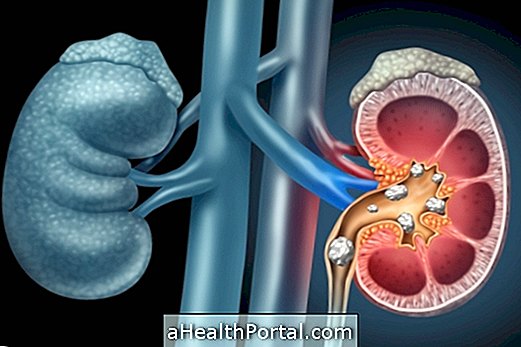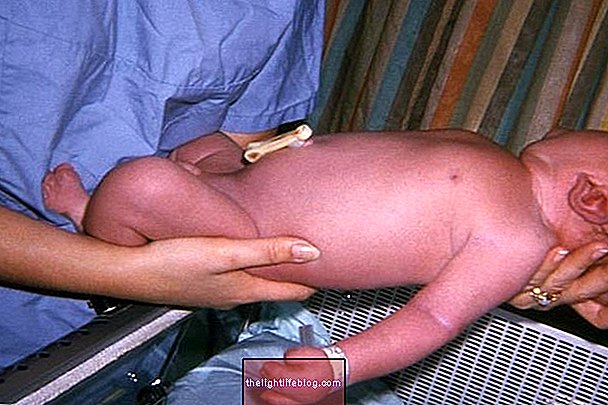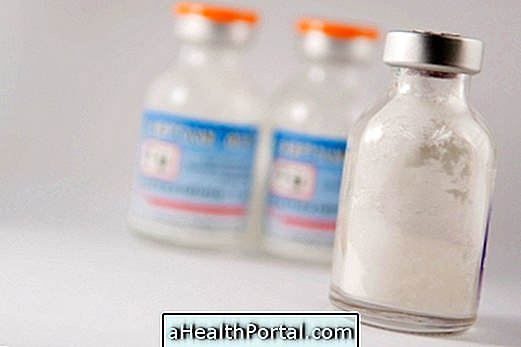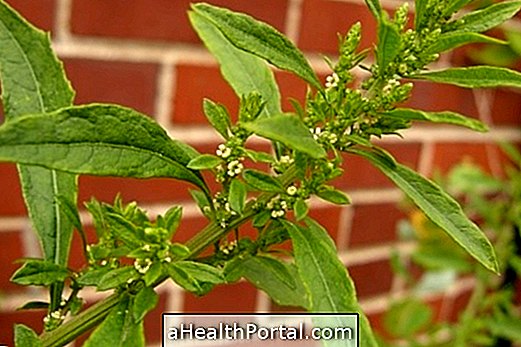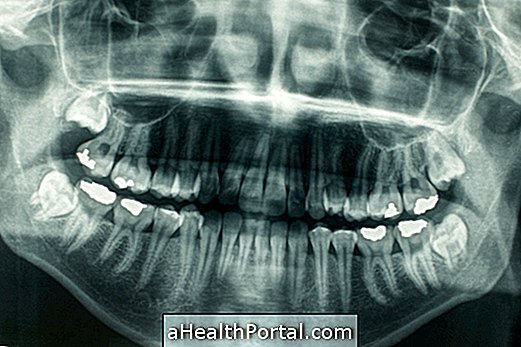Nile fever, also known as West Nile disease, is a viral infection transmitted by the bite of infected mosquitoes, which can cause symptoms ranging from passing fever to meningitis. Learn more about Meningitis in Adult Meningitis Symptoms. This disease can be transmitted by the mosquito to other animals such as birds or horses, and is more frequent in the elderly.
In most cases Nile fever does not cause symptoms, but symptoms such as headache, weakness, body aches, vomiting, diarrhea, muscle and joint pain are common, and this disease is more common in the elderly.
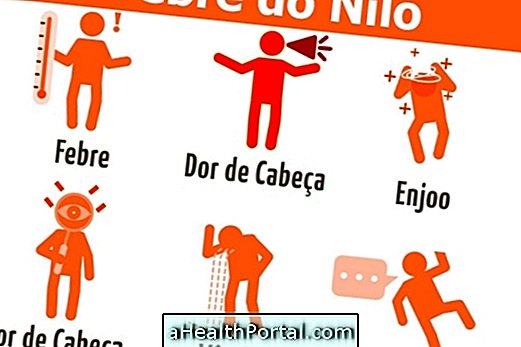
Main Symptoms
Nile disease, when it progresses more lightly, causes mild symptoms that include:
- Fever;
- Malaise;
- Anorexia;
- Nausea;
- Vomiting;
- Pain in the Eyes;
- Headache;
- Pain in muscles or joints;
- Red spot on the skin with bubbles.
Most people with these types of symptoms recover completely in a few days, however symptoms such as fatigue and general weakness may persist for a few weeks or months.
In some cases, the disease may evolve and lead to neurological diseases and more serious symptoms, such as meningitis, encephalitis or polio. Meningitis is the disease that most often arises as a result of Nile Fever, and causes symptoms that include:
- Fever;
- Muscle weakness and weakness;
- Stomachache;
- Nausea or vomiting;
- Stiff neck.
In addition, meningitis can also cause other symptoms such as diarrhea or constipation.
How is the diagnosis made?
The diagnosis of this disease can be done by analyzing the sensed symptoms, especially symptoms of fever, malaise, vomiting, nausea, pain in the eyes and headache. In addition, the doctor will also ask to perform a specific blood test, which will detect the presence of antibodies against West Nile virus.
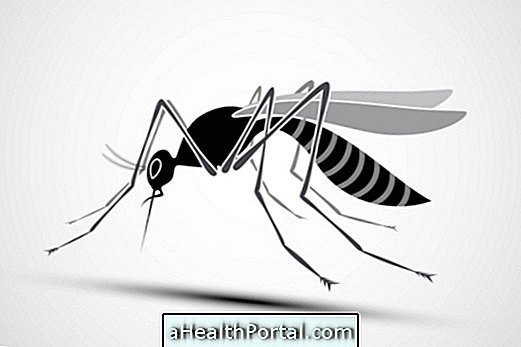
How is the treatment done?
There is still no specific vaccine or treatment to treat Nile Fever or to effectively eliminate the virus from the body, and therefore the treatment recommended by the doctor serves to alleviate the symptoms of fever, malaise, nausea, vomiting, among others. Thus, the physician may prescribe medications such as Paracetamol for fever control and relief of headache, and metoclopramide for the relief of nausea and vomiting.
In the most severe cases hospitalization may be necessary for treatment with serum in the vein to hydrate, and it may be necessary to use machines to help breathe.
How to get Nile Fever
In most cases, Nile Fever is transmitted from the infected mosquito bite, but in rare cases this disease has also been transmitted through:
- Blood transfusions;
- Organ transplants;
- Breastfeeding or breastfeeding.
In addition, in regions with a disease focus, it is also necessary to avoid handling dead animals to avoid skin contact with blood or other bodily fluids from affected animals. .
Nile fever usually has an easy recovery, but often the symptoms can be severe and you need to stay home and rest for a few days. Generally, people who live in regions where there are mosquitoes infected or older than 50 are more likely to be infected.
